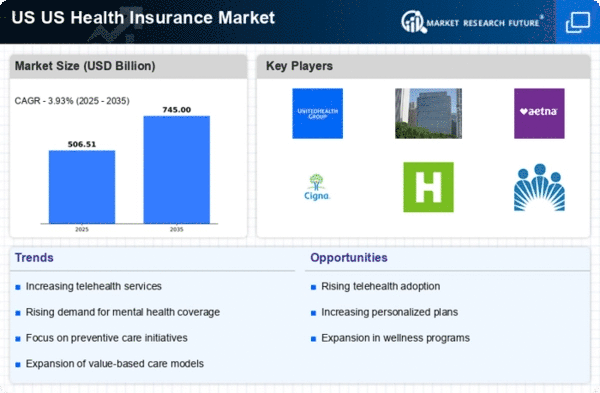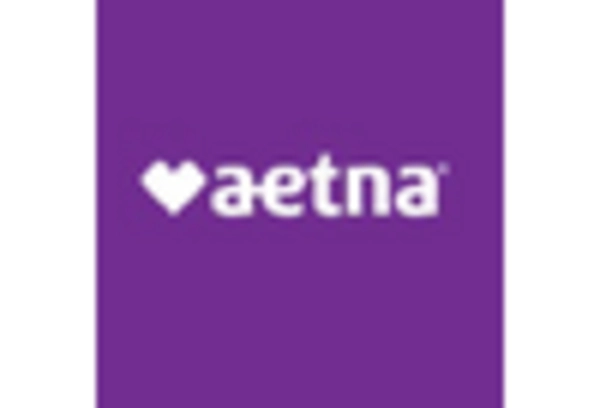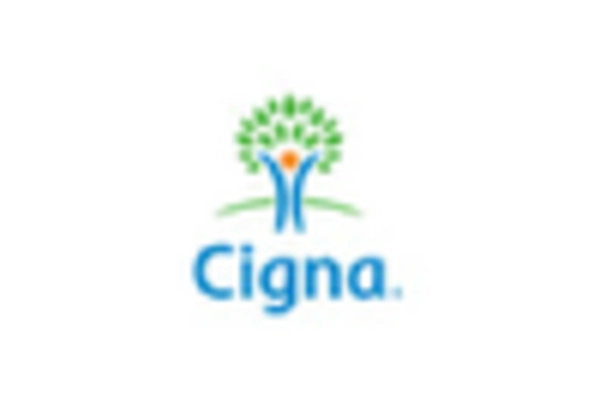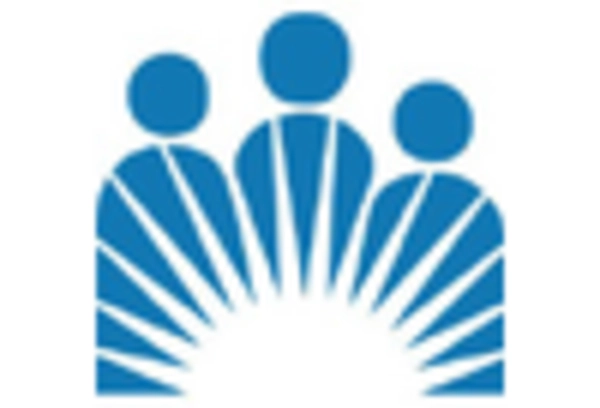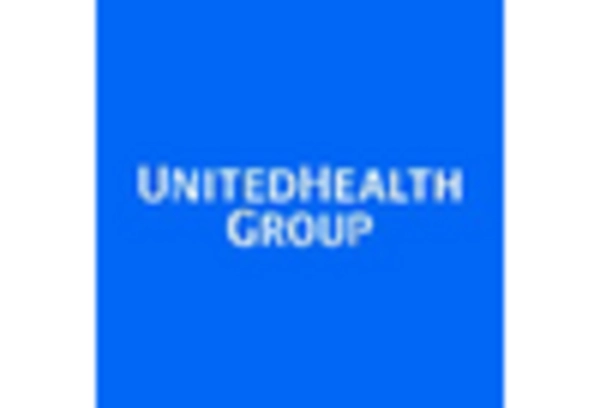Aging Population
The demographic shift towards an aging population significantly impacts the health insurance market. By 2030, it is projected that around 20% of the U.S. population will be aged 65 and older, necessitating increased healthcare services and insurance coverage tailored to this demographic. Older adults typically require more medical attention, leading to higher claims and costs for insurers. Consequently, health insurance providers are adapting their products to cater to the unique needs of seniors, including long-term care and chronic disease management. This trend not only shapes the offerings within the health insurance market but also influences pricing strategies and risk assessments.
Regulatory Changes
Ongoing regulatory changes significantly affect the dynamics of the health insurance market. Recent legislation has introduced new requirements for coverage, including essential health benefits and protections for pre-existing conditions. These regulations aim to enhance consumer protections but may also lead to increased operational costs for insurers. For instance, compliance with the Affordable Care Act has necessitated adjustments in pricing models and coverage options. As regulations evolve, health insurance providers must remain agile, adapting their strategies to meet compliance while ensuring competitive offerings in the market.
Rising Healthcare Costs
Escalating costs associated with healthcare services currently influence the health insurance market. In recent years, the average annual premium for employer-sponsored family coverage has reached approximately $22,200, reflecting a 4% increase from the previous year. This trend compels employers to reassess their health insurance offerings, often leading to higher deductibles and out-of-pocket expenses for employees. As healthcare costs continue to rise, consumers are increasingly seeking insurance plans that provide comprehensive coverage while managing their financial exposure. This dynamic creates a competitive landscape within the health insurance market, as insurers strive to balance affordability with the need to cover rising medical expenses.
Technological Advancements
Technological advancements are reshaping the health insurance market by enhancing operational efficiencies and improving customer experiences. Innovations such as data analytics and mobile applications enable insurers to streamline claims processing and offer personalized services. For example, the integration of artificial intelligence in underwriting processes allows for more accurate risk assessments, potentially lowering premiums for consumers. Furthermore, technology facilitates better communication between insurers and policyholders, fostering transparency and trust. As these advancements continue to evolve, they are likely to play a crucial role in determining the competitive landscape of the health insurance market.
Consumer Demand for Customization
There is a growing trend within the health insurance market towards consumer demand for customized insurance plans. As individuals become more informed about their healthcare needs, they seek policies that align closely with their personal circumstances. This shift is prompting insurers to offer more flexible options, such as tiered plans and add-on services that cater to specific health requirements. The ability to tailor coverage not only enhances customer satisfaction but also encourages greater engagement with health insurance products. As this demand for customization persists, it is expected to drive innovation and competition within the health insurance market.


